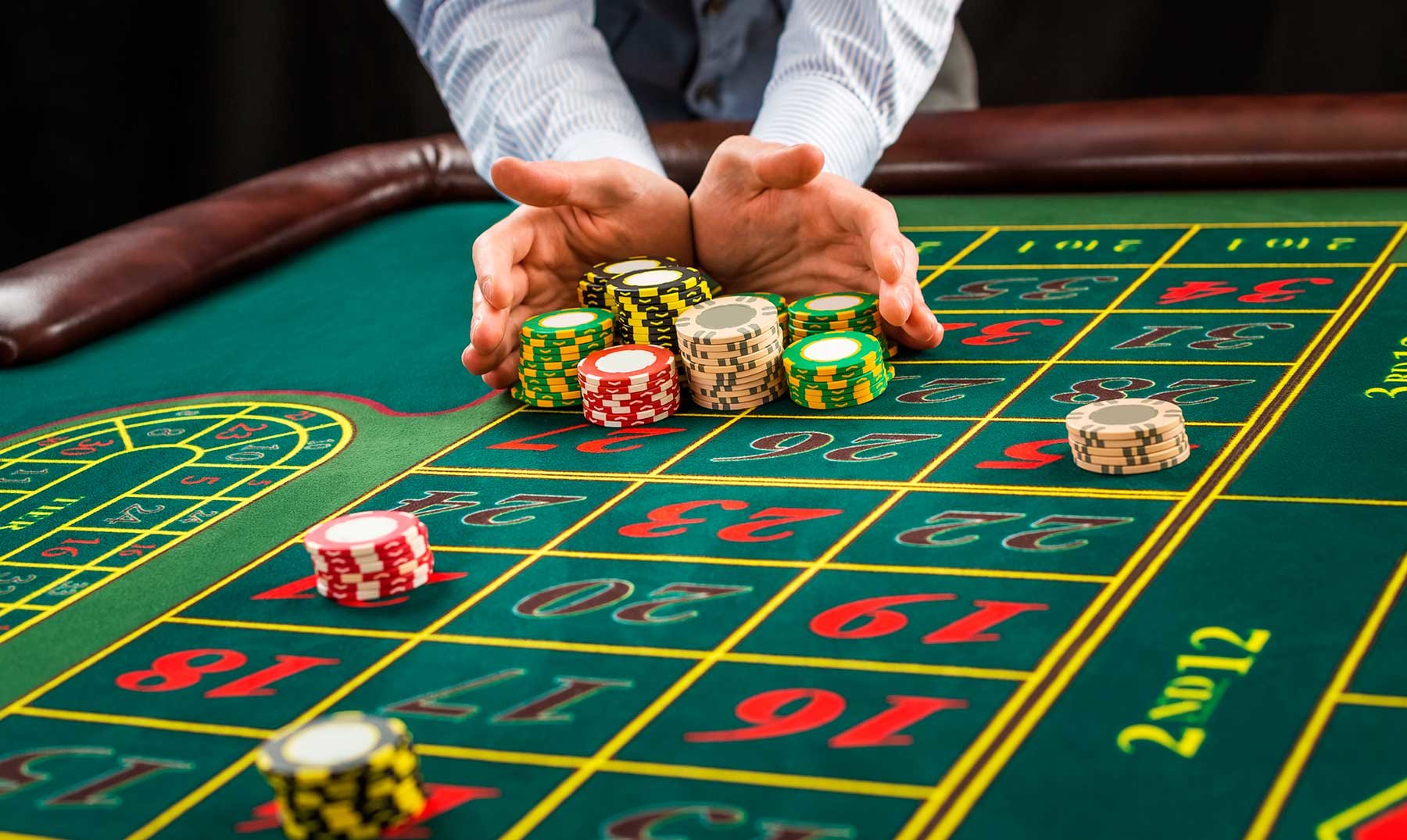
Gambling has been an important part of human entertainment for millions of years, evolving through societies and eras to become the vibrant casino activities we know today. From the ancient Chinese and Romans, who engaged in multiple forms of betting and luck, to the sophisticated gaming floors of contemporary casinos, the allure of gamble and reward has fascinated individuals across the globe. The change from simple dice games and primitive betting setups to the extravagant environments of modern casinos reflects significant strides in both social norms and technological advancements.
As societies evolved, so too did the complexity of gambling activities, with gambling activities emerging as a unique category of leisure and excitement. These games have evolved from informal gatherings centered around wooden tables to grand, opulent establishments designed to lure players. Today, we investigate this captivating journey, examining how traditional practices laid the groundwork for the diverse and thrilling casino activities that bring joy to countless people worldwide.
spintax
Ancient Gambling Traditions
Betting has profound roots in human history, with proof of activities of chance tracing back to ancient societies. Archaeologists have found that as far back as 3000 BC, the ancient Chinese were using rudimentary forms of betting with dice made from wood. Similarly, ancient Mesopotamians engaged in wagering activities, often relying on the casting of lots or dice to determine outcomes. These early forms of gambling served not only as entertainment but also played vital roles in social and cultural customs.
The people of Egypt also were involved in gambling activities, with games that included betting on the outcomes of various events, including athletic events and spiritual festivals. Items such as dice and depictions of gamblers from ancient tombs show that gambling was a frequent pastime. It provided both entertainment and a means of engaging in social connections, often linked to celebratory occasions or significant gatherings. This activity demonstrated the universal appeal of chance and competition throughout the ages.
In ancient Rome, wagering became a widespread practice among the people, as evidenced by references in literature and the establishment of rules around certain games. Romans enjoyed a variety of gambling activities, from betting on horse races to playing games similar to modern-day board games. The legal framework surrounding these activities began to take shape, establishing the foundations for betting regulations that would develop in the centuries to come. The fame of betting during this period set the stage for the development of casino games in the future.
The Evolution of Gambling Games
Casino games have undergone substantial transformations from their beginnings to the modern-day entertainment offerings. In early civilizations, gaming was often linked to ceremonial practices, with dice games found in the ancient Mesopotamian region and betting on the outcomes of events in old Rome. These early forms of gambling laid the groundwork for the formal games we see today. The shift from informal gambling to regulated games happened as societies began establishing rules and venues for wagering, demonstrating cultural values and practices.
The medieval period saw the rise of card games, which gained fame among European nobility. Games like primero and the game baccarat became mainstays in social gatherings. The development of printing technology further facilitated the spread of playing cards, making them more reachable to the masses. HELLO88 As gambling houses began to proliferate, these card games developed into adaptations that catered to wider audiences, eventually leading to the founding of casinos as dedicated venues for gaming.
The 20th century marked a pivotal point in the progression of casino games, with the rise of commercial casinos in Vegas and other betting centers. This era brought forth games like video slots and modern adaptations of table games, complete with sophisticated graphics and detailed betting structures. The arrival of online casinos in the tail end of the 1990s further changed the gaming industry, allowing players to access a great variety of casino games from the comfort of their homes. Today, casino games persist to progress, blending time-honored elements with cutting-edge technology to create immersive experiences for players globally.
Modern Gambling Regulations
In these years, the environment of gambling regulations has changed substantially, notably as technology and online gaming have become ever prevalent. Governments around the planet have enacted numerous laws and standards to guarantee that gambling activities are conducted justly, responsibly, and transparently. These laws often encompass factors such as permits, marketing, player protection, and sensible gambling measures. Authorities aim to mitigate problems such as problem gambling and cheating while promoting a fair gambling environment.
The growth of internet gambling sites has created a need for a different approach to regulation. Many jurisdictions have set up dedicated internet-based gaming structures that serve internet-based gaming, allowing operators to offer their offerings legally. These structures often demand operators to secure licenses, follow strict safety standards, and provide assistance options to help players. By vigilantly supervising internet activities, regulators can more effectively protect consumers from potential harm and ensure that gambling is carried out in a protected manner.
Additionally, contemporary gaming regulations are increasingly focusing on responsible gambling initiatives. Many casinos and internet-based platforms now adopt features such as player exclusion, financial limits, and time-outs to help players control their gaming habits. Awareness campaigns aimed at raising awareness about the dangers of gaming are also common. As the sector continues to expand, the focus on sensible gambling remains a cornerstone of governing efforts, showing a dedication to encouraging a safe and pleasant gambling experience for all gamblers.